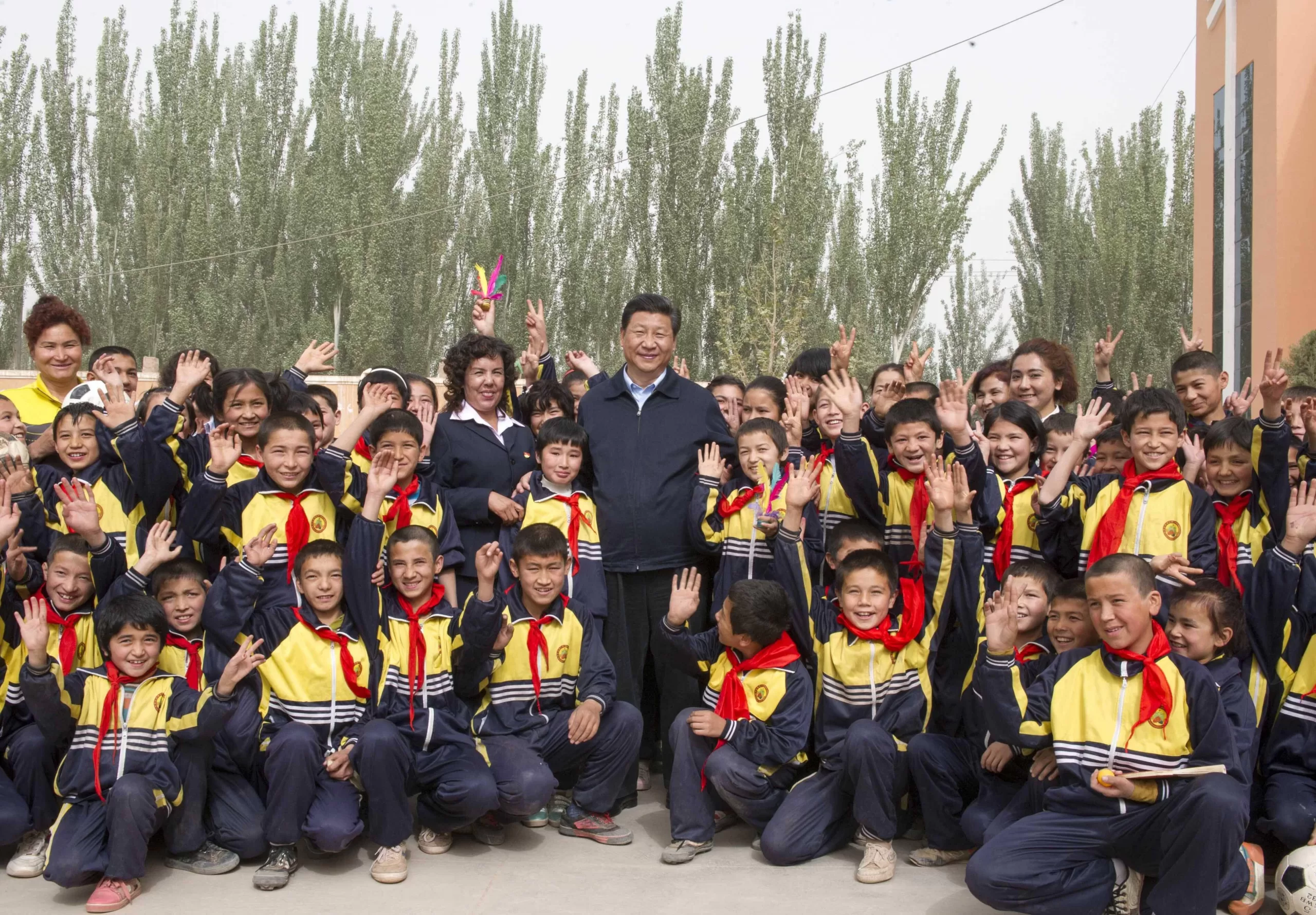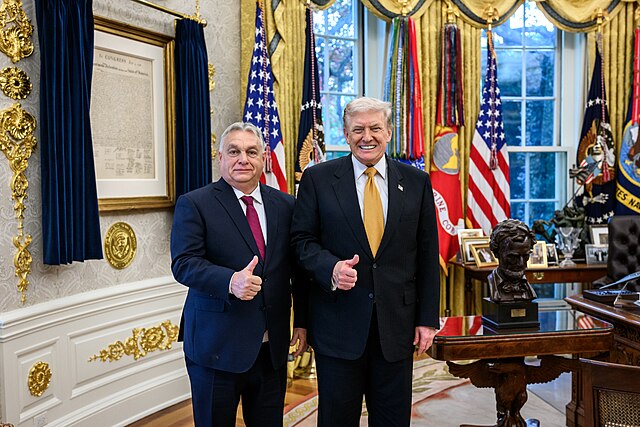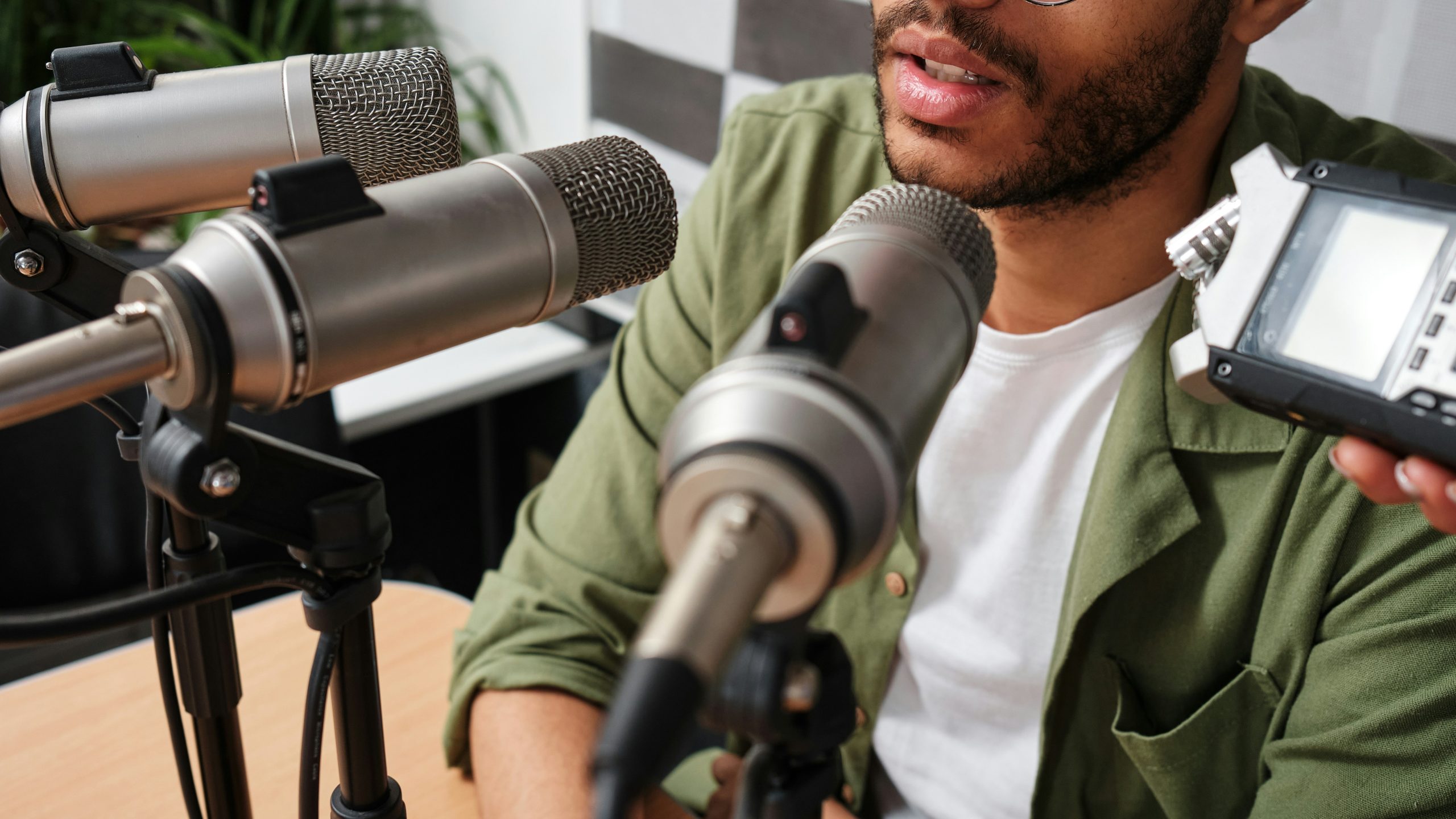It is September and the kids are back at school. Many will likely be excited for the year ahead but perhaps not Hong Kong students. They’re returning to a new lesson: Xi Jinping Thought. As announced this week, the curriculum has been updated in secondary schools to include teachings from China’s leader. The new module aims to instil “patriotic education”.
I pity these kids, I really do. Firstly because unlike Mao, who many saw as a great wordsmith (a tyrant yes but a tyrant who could write lyrically and coin a zinger, “revolution is not a dinner party” being one classic example), Xi’s words are flat. The Economist declared his Thought “woolly: a hodgepodge of Dengist and Maoist terminology combined with mostly vague ideas on topics ranging from the environment (making China “beautiful”) to building a “world-class” army.” The academic Kevin Carrico studied his Thought through a distance-learning course and wrote that it was impoverished. “It comes across as a cash-rich North Korea,” he said. I’ve never got very far. Sentences like “The fundamental reason why some of our comrades have weak ideals and faltering beliefs is that their views lack a firm grounding in historical materialism” contain too many words and too little meaning.
But beyond criticising the content is a much bigger issue. As one Hongkonger said in response to the announcement, it’s “brainwashing”. That it is. And more than that. It’s another way to strip Hong Kong of its unique identity. The curriculum is aimed at “cultivating students’ sense of nationhood, affection for our country and sense of national identity” and by identity that means one dictated through the narrow lens of the Chinese Communist Party from Beijing.
Since it was introduced formally in China in 2017, Xi Jinping Thought has become a mainstay of academic life throughout the country for all levels of students. In our forthcoming Autumn magazine, which looks at how scientists are being attacked worldwide, Chinese novelist Murong Xuecun lays bare some of the absurdities of this:
“Every scientist needs to study Xi’s speeches and thoughts. Their Western counterparts may not be able to empathise with this but imagine a group of physicists or astronomy professors sitting in a conference room at MIT or Harvard, studying Donald Trump’s or Joe Biden’s speeches, and then considering how much it would help in their research.”
Xi Jinping Thought should be relegated to the history books not promoted to textbooks. But classrooms have always been central to Beijing’s ambitions in Hong Kong, which partly explains why many of the protest leaders were students. In 2010, for example, then Hong Kong chief executive Donald Tsang announced plans to change primary education so that its messages were more in line with the CCP (one teaching manual called the CCP an “advanced, selfless and united ruling group”). These plans were shelved due to widespread protests, protests which themselves were later removed or reworded in textbooks. More recently, in 2022 history textbooks were rewritten to downplay the city’s colonial past. Today they’re taking the textbook meddling one step further.
Here’s a kicker: interference in textbooks by Beijing is happening in the UK too. The Telegraph reported this week that British GCSE books were edited to remove references to Taiwan after complaints from Chinese officials. The AQA GCSE Chinese textbook deleted references to “the Republic of China” (Taiwan) from subsequent editions. The first edition of the GCSE textbook said: “Yangmingshan National Park is the third national park of the Republic of China, and the park is located in the northern part of Taipei City.” Later editions: “Yangmingshan National Park is a very famous national park.”
The UK is not Hong Kong and the CCP cares a lot less about what British textbooks contain. And yet they still clearly care. There’s a long road to be taken before a few words removed from a Mandarin-teaching title turns into Xi Jinping Thought on the UK syllabus and it’s encouraging that Lord Alton raised the issue in Parliament this week. We must not journey further down this road and not just because his Thought is deathly dull.
Finally, on the note of back to school a reminder of the many girls of Afghanistan who are not starting school at all. Last year we gave the Index campaigning award to Matiullah Wesa, who together with his brother founded Pen Path, a remarkable organisation dedicated to improving girls’ education in Afghanistan. For over a decade, Wesa has travelled the country with his mobile library, distributing books to children and working to establish schools in conflict-riven areas. Today he meets with Taliban leaders to call for schools to be reopened for girls. Wesa is a frequent target of the Taliban and has been imprisoned. He dreams of a time when he can retire this work because access to education – a universal right – is respected and promoted in Afghanistan. Today that dream has never felt further away.
All of the above reinforces a line we often say at Index: freedoms are hard won and easily lost. So students: cherish learning, enjoy debate and never take the ability to enquire more, to read widely and to speak freely for granted.






